Stop Asking How Her Day Was
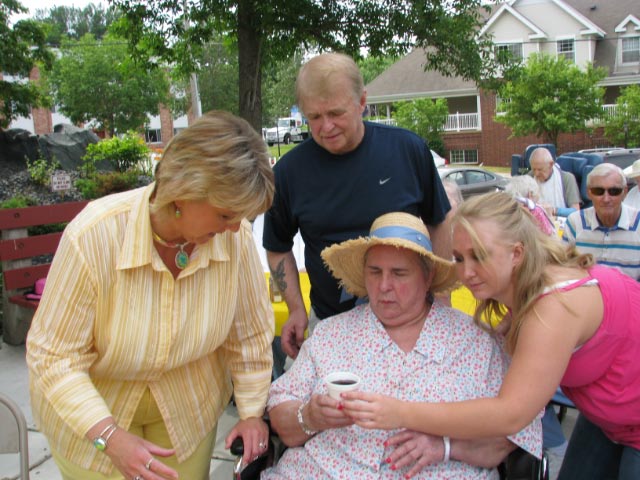 Stop Asking How Her Day Was
Stop Asking How Her Day Was
by Jennifer L. FitzPatrick
“How was your day, Mom?” “What did you have for lunch, Uncle Jim?” When a loved one with a dementia diagnosis resides in a nursing home or an assisted living community, caregivers often struggle during their visits. Well-meaning caregivers typically attempt to have a regular conversation with their older loved one, forgetting that this person no longer has the ability to reason or to control impulses, and often will not even remember who the visitor is. This person with dementia also often misunderstands questions or is unable to articulate answers that make sense to the caregiver. Boredom and frustration result for both the caregiver and the person with dementia.
It’s essential for caregivers to embrace new ways of socializing during a nursing home or assisted living visit. Some television is fine, particularly if it is a show or movie that is in the patient’s long-term memory (think Gone with the Wind or Lawrence of Arabia for someone in their eighties or nineties). But to truly connect and engage the person with dementia, caregivers should embrace activity instead of conversation.
Many persons with advanced dementia, whether male or female, tend to most appreciate interaction and visits with others that are what I would call “dude-like.” While certainly not true of all boys and men, the vast majority of males in our society do not necessarily need to talk to each other to enjoy each other’s company. A woman often doesn’t get it when her husband goes to a baseball game with a buddy, and they never talk about that buddy’s impending divorce. The two men simply enjoy watching the baseball game together, and that is the way her husband is there for his buddy. Extensive conversation is not always necessary, nor is it always welcome. When trying to connect with your older loved one who has dementia, try to think of two dudes hanging out—no matter the gender of either party.
Often you are going to have the most satisfying experience with loved ones who have dementia when you do an activity with them rather than initiate a discussion. While persons with dementia may not be able to speak, they still might be able to sing. Music penetrates the long-term memory, and many persons with dementia can sing along, tap their feet, or even dance to an old favorite tune. (Think the Temptations’ “My Girl” or The Rolling stones’ “You Can’t Always get What You Want” for patients in their sixties or seventies.)
Try some art activities. If your older loved one knitted before she was diagnosed, maybe she still can. She also may be able to paint, draw or garden. If your older loved one enjoys animals, bring your dog to her nursing home or assisted living and let her pet Rover. Go out for a walk and look at the fall foliage or enjoy the beautiful sunset together. Give Mom a manicure, massage her back or just hold her hand. Listen to talk radio. This can be a super activity for those older than 70 as listening to radio shows will be familiar in the long term memory. Sometimes just sitting together without the pressure of having to come up with questions or discussion topics can be very relaxing for you both. It takes some getting used to, but eventually you will be more comfortable with silence.
Obviously there will be trial and error to see which activities your loved one responds to most favorably. But typically an activity or spending quiet time together is going to be more satisfying for both of you than asking her how her day was.
 Thanks for reading this excerpt of Cruising Through Caregiving: Reducing The Stress of Caring For Your Loved One by Jennifer L. FitzPatrick, MSW, LCSW-C, CSP! The founder of Jenerations Health Education, Jennifer is also an instructor at Johns Hopkins University’s Certificate on Aging program and has been an Education Consultant to the Alzheimer’s Association of Greater Maryland for a decade. You can reach her at www.jenniferfitzpatrick.com. To purchase Cruising Through Caregiving
Thanks for reading this excerpt of Cruising Through Caregiving: Reducing The Stress of Caring For Your Loved One by Jennifer L. FitzPatrick, MSW, LCSW-C, CSP! The founder of Jenerations Health Education, Jennifer is also an instructor at Johns Hopkins University’s Certificate on Aging program and has been an Education Consultant to the Alzheimer’s Association of Greater Maryland for a decade. You can reach her at www.jenniferfitzpatrick.com. To purchase Cruising Through Caregiving
Click Below & Follow The Radio Show Dementia Cruise of Compassion & Camaraderie
Dementia Cruise of Compassion & Camaraderie
https://youtu.be/XLNFPSEdf8I
We are honored by your response to our offering of the Dementia Friendly Symposium and Cruise and we are encouraging people to book their cabins before we are sold out!
For more details on the symposium and cruise go to https://alzheimersspeaks.com/cruise-with-us
Click here for the Symposium Program
Kathy Shoaf the travel agent handling the symposium and cruise can be reached at: 219-608-2002 or email her at Kathy.Shoaf@CruisePlanners.com
Click Below to Download the Tips
Here is One of Many Free Tips
Push Research Forward. Join the A-List
 An Important message from our friend Meryl Comer:
An Important message from our friend Meryl Comer:
Only twice in my twenty plus years as an Alzheimer’s caregiver has a doctor ever asked whether I was doing okay. Yet my husband would have never made the clinic appointment on time if I had not gotten up extra early to bathe, dress, feed, manage his resistance and drive him there. Now here’s a chance to be heard!
Researchers from the Mayo Clinic want to learn what matters most to you when you go to the doctor with your loved one. They need volunteers for an online focus group who are current or former caregivers for a loved one with dementia.
Study participants will be asked to join an online focus group and answer several questions over a week and a half posted by the moderator. Participants can choose to remain anonymous. Their goal is to help healthcare providers better support and communicate with caregivers by learning:
- How health care providers can best help caregivers provide optimal care to loved ones while maintaining their own health.
- How involved caregivers want to be their loved ones’ healthcare.
- What the ideal “care team” looks like.
Please click here for more information about this important Mayo Clinic caregiver study.
Your opinions are critical to improving the experience for all caregivers when they accompany loved ones to doctor’s appointments. Let’s not miss this opportunity to make doctors tune into what matters to us.
Meryl Comer, A-List Team Member & 20-year Alzheimer’s care partner





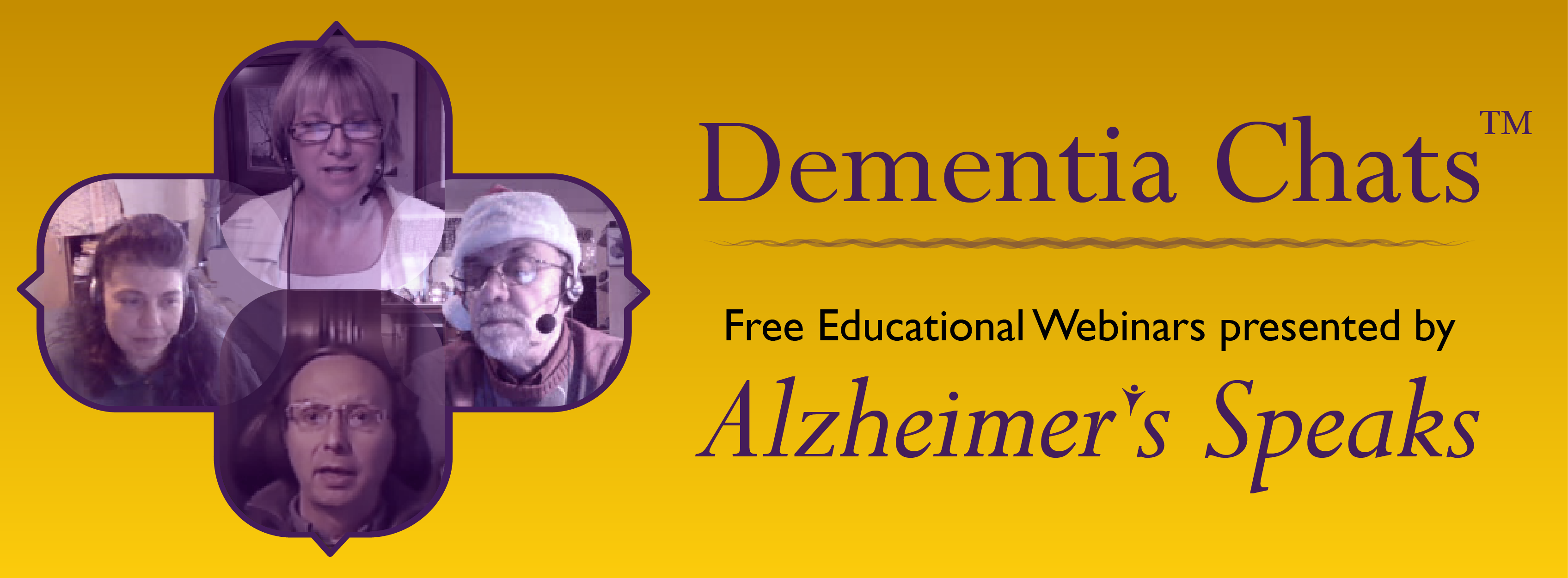
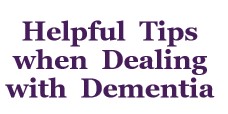

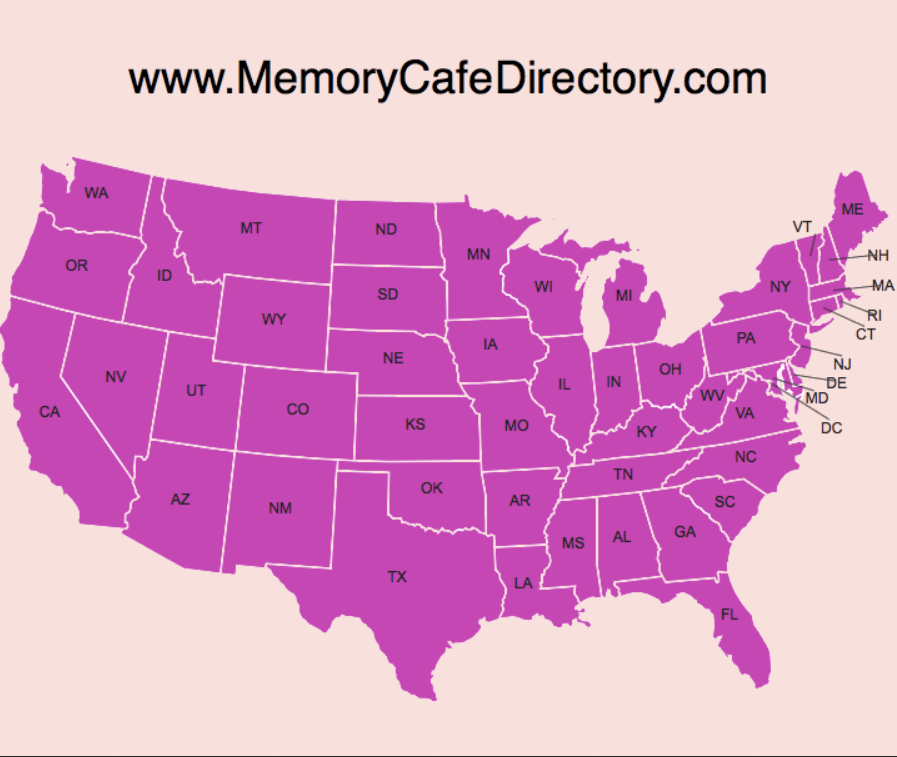

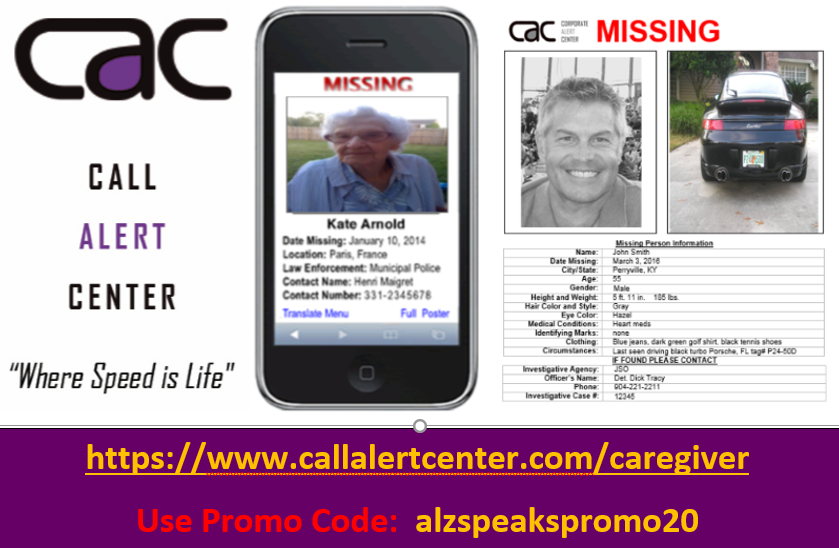
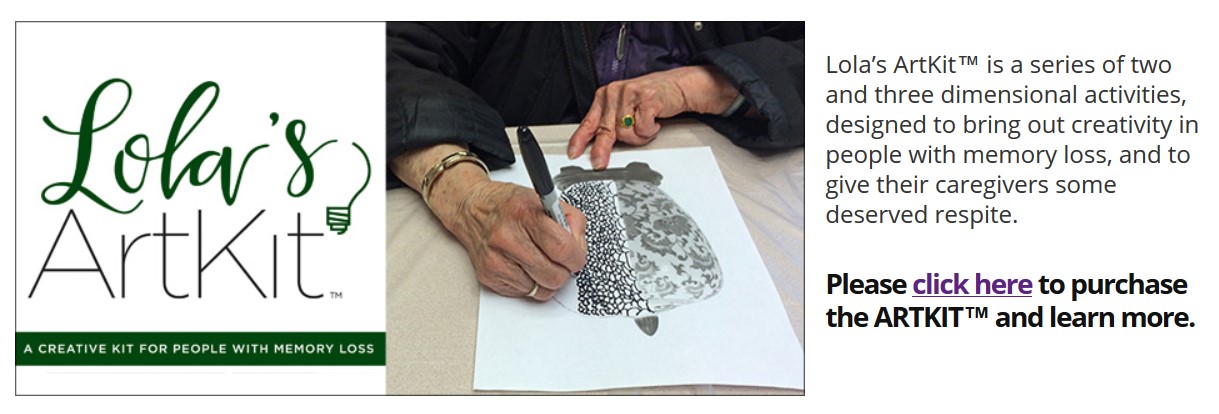
One Reply to “Stop Asking How Her Day Was”